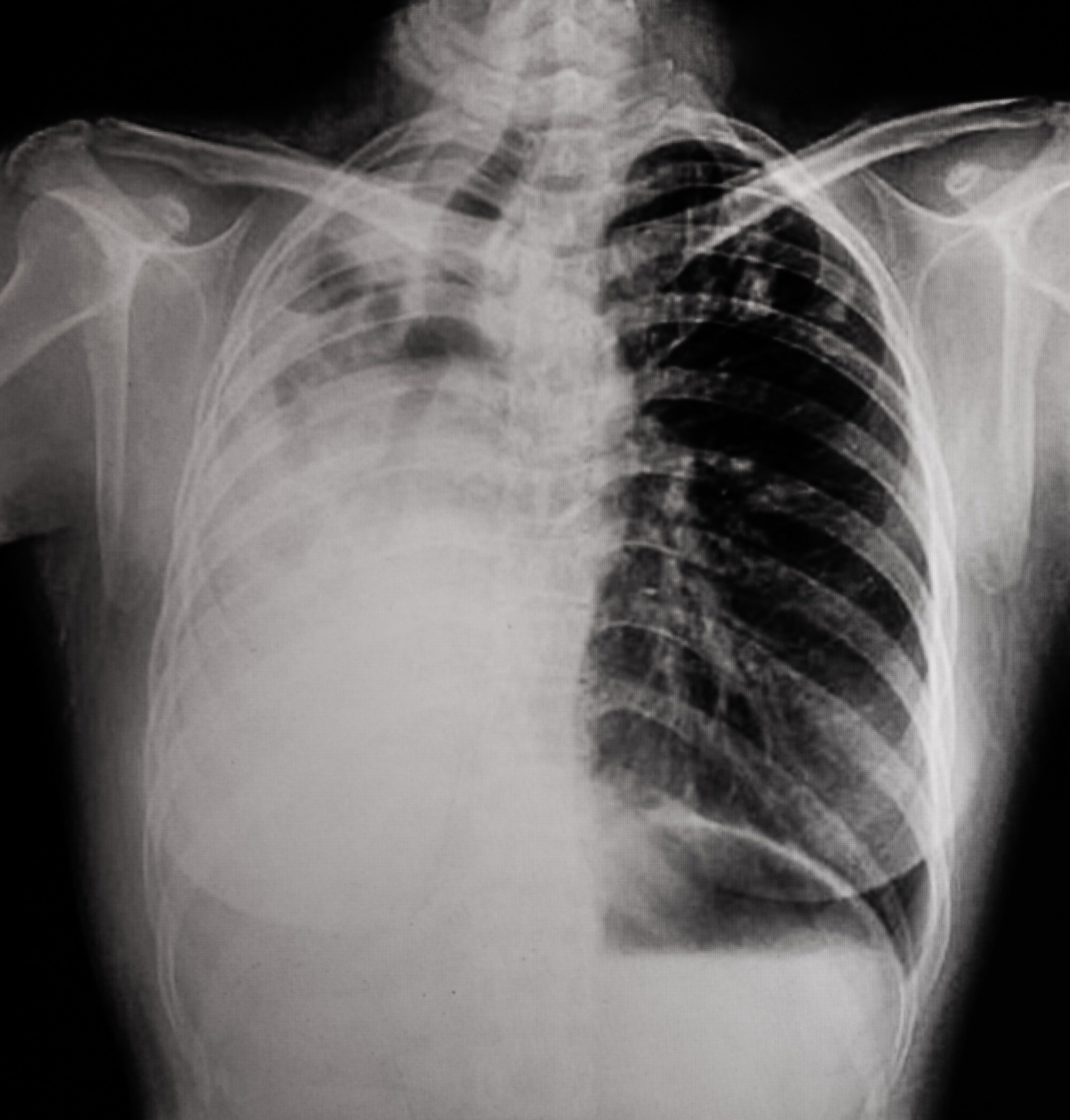Scientists have developed an affordable, rapid-response sensor that detects lung cancer biomarkers, bringing early screening a step closer to reality—even before symptoms appear. Designed similarly to glucose monitoring devices, the sensor delivers results from a blood sample in just 40 minutes. This technology could help clinicians identify high-risk patients and personalize treatment for those already diagnosed, supporting a precision medicine approach.

Image Credit: Tewan Banditrakkanka/Shutterstock.com
The three-year research project was led by Mahdi Arabnejad, a former Ph.D. student at Cranfield University, along with Professor Sam Tothill, an expert in bio-nano sensors, and Dr. Iva Chianella, a senior lecturer in biosensors and functional polymers. Together, they developed and tested the sensors in a lab setting, demonstrating their ability to detect two key lung cancer biomarkers: neuron-specific enolase (NSE) and carcinoembryonic antigen (CEA).
By successfully identifying these biomarkers in both buffer solutions and human samples, the sensors achieved clinically relevant detection limits, reinforcing their potential as a powerful tool for early and accurate lung cancer diagnosis.
This quick and simple test could enable healthcare professionals to identify individuals at higher risk and refer them for further screening, improving early detection and patient outcomes. It may also be used to monitor treatment response, such as tracking the effectiveness of chemotherapy over time.
At the moment lung cancer screening tests can be expensive and take a long time. Although it’s early stages, the sensor we have developed holds great promise of early detection, which can lead to prompt treatments with higher patients’ survival rates.
Dr. Iva Chianella, Senior Lecturer, Cranfield University
Journal Reference:
Arabnejad, M. et. al. (2024) Impedimetric Biosensors for the Quantification of Serum Biomarkers for Early Detection of Lung Cancer. Biosensors. doi.org/10.3390/bios14120624